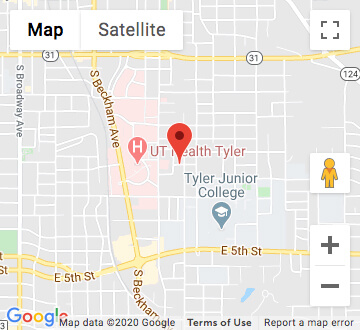
At Ashley Laird, DDS, we understand that discovering your child grinds their teeth can be a cause for concern. Our team is here to delve into the science behind teeth grinding in children, its potential causes, and effective management strategies.
Bruxism is the involuntary clenching or grinding of teeth, which often occurs during sleep. It is a common condition in children and typically resolves on its own as they grow older. However, in some cases, intervention may be necessary.
Causes of Childhood Bruxism
- Dental Misalignment: Irregularities in tooth alignment or bite can lead to bruxism. The grinding may be an instinctive attempt to correct the bite.
- Stress & Anxiety: Children, like adults, can experience stress and anxiety. Bruxism may serve as a coping mechanism, providing a sense of comfort or release.
- Airway Obstruction: Conditions like sleep apnea or enlarged tonsils can contribute to bruxism. The body may grind teeth as a response to restricted airflow during sleep.
- Psychological Factors: Emotional factors, such as frustration, anger, or tension, can manifest as teeth grinding in some children.
Effective Management Strategies
- Dental Evaluation: Schedule a visit to our office for a comprehensive dental examination. We’ll assess the extent of the grinding and check for any dental issues that may be contributing to the condition.
- Custom Mouthguards: If needed, we can craft a custom-fit mouthguard. This comfortable appliance helps protect teeth from the damaging effects of grinding, providing relief and preventing further complications.
- Stress Management Techniques: Help your child find healthy ways to cope with stress, such as through relaxation exercises, deep breathing, or engaging in calming activities before bedtime.
- Establish a Soothing Bedtime Routine: Create a calm and relaxing environment before sleep. Encourage activities like reading, gentle music, or a warm bath to ease tension and promote better sleep quality.
- Limit Stimulants: Avoid giving your child caffeine or sugary snacks close to bedtime, as these can exacerbate bruxism.
- Monitor for Changes: Keep an eye out for any changes in your child’s behavior, dental health, or overall well-being. Regular communication with our team ensures any adjustments to the management plan can be made as needed.
Remember, bruxism in children is a common and usually transient condition. By understanding its potential causes and taking proactive steps, you can help your child manage this disorder effectively. If you have any additional questions or concerns, please don’t hesitate to contact us.
Contact Us

